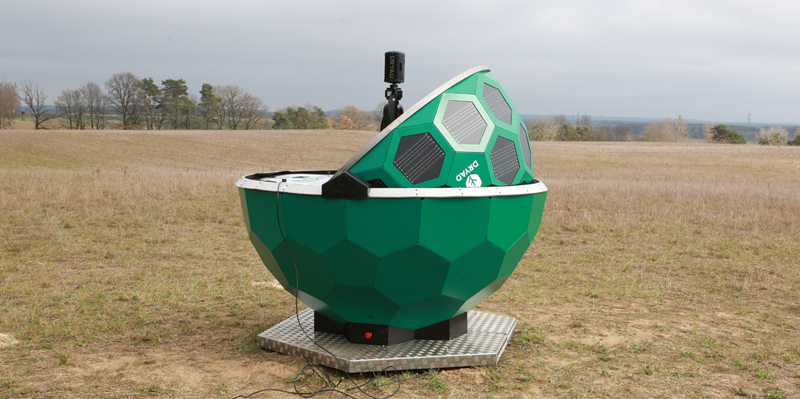Foreword The coastal zone is a complex and finely balanced ecosystem contained within a relatively narrow band of land and sea. Many coastal marine ecosystems are among the most productive in the world. They provide food and livelihood for millions of people. Coral reefs are home to more than a million species.
Coastal zones are economically, politically and socially critical to many nations. Coasts are used by millions of people for recreation. Major transport hubs are situated in or near the coastal zone where ports and harbours are vital to commerce and trade. This narrow band of land and sea occupies only 20 per cent of the worldâs land area. Half the worldâs population, some 3,000 million people, live within 200 km of the coast and it is estimated that by 2025 this figure may double. Our cities use some 75 per cent of the worldâs resources and discharge similar amounts of waste. It is hardly surprising then that this marine space is under serious threat from a myriad of overlapping and conflicting interests. The evidence of change is compelling and manifest. It is therefore imperative to manage, administer and govern the coastal zone in a considered, sustainable and structured manner; to protect and nurture the environment we live in. Failure to do so may have disastrous consequences for future generations. FIG, through the work of this joint workgroup, has been active in the areas of Coastal Zone Management, Marine Cadastre and Marine Governance since 2002. This has included an international workshop, published papers, presentations and attendance at FIG and other International fora. During this time the workgroup has encouraged research and discussion on issues related to administering marine spaces and this publication is the culmination of that work. The publication comprises a number of papers that focus on issues related to the administration of marine spaces from regional perspectives. Its purpose is to stimulate further discussion and research in this most important subject area. Whilst it is not possible to deal with all issues, it does underscore the international importance of administering marine spaces. I would like to thank the authors for their hard work, dedication and passion in contributing to this publication.Adam Greenland Chair of FIG Commission 4 Prof. Paul van der MolenChair of FIG Commission 7 Full text available from FIG website:
Author: Geo: International
For more information visit:
Subscribe to our newsletter
Stay updated on the latest technology, innovation product arrivals and exciting offers to your inbox.
Newsletter

